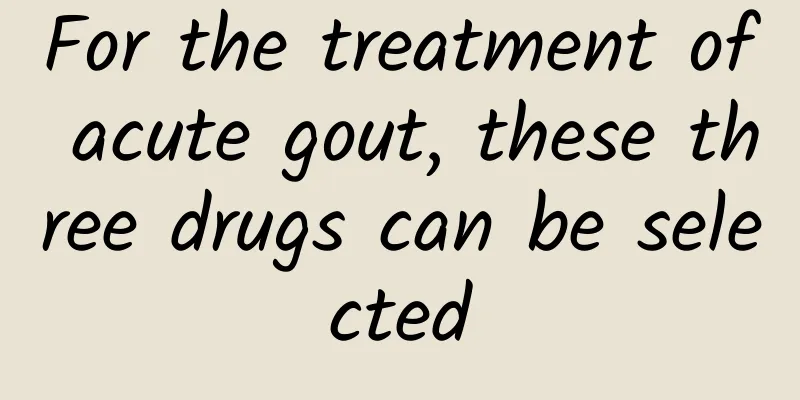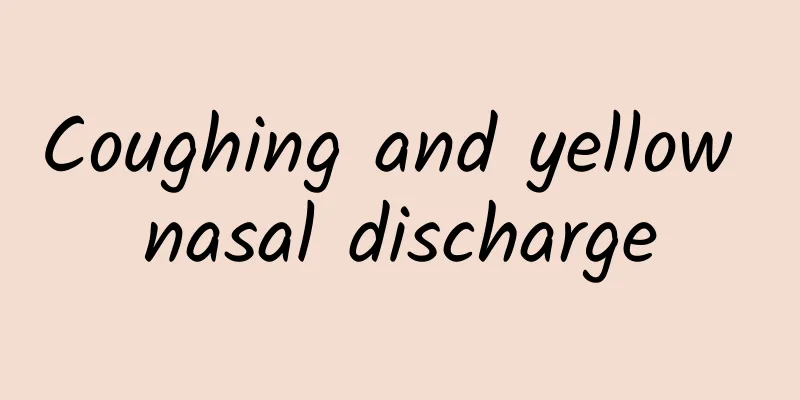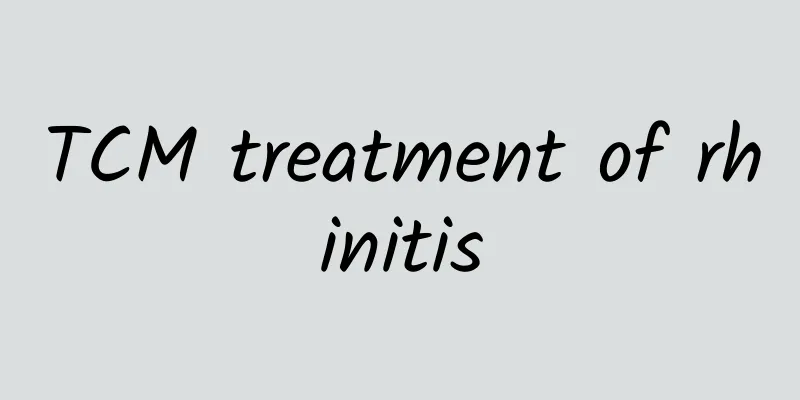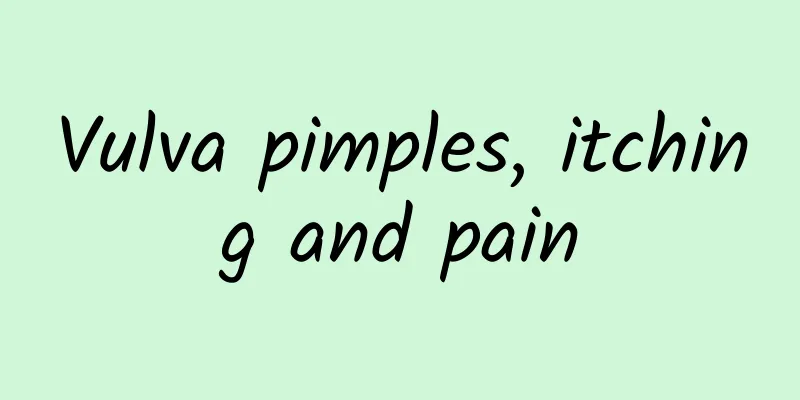For the treatment of acute gout, these three drugs can be selected

|
Gout is currently the key cause of hemiplegia for many people. Generally speaking, after suffering from gout, people should seek treatment as soon as possible. So, how to treat acute gout? (1) Nonsteroidal anti-inflammatory drugs (NSAIDs) Nonsteroidal anti-inflammatory drugs can effectively relieve acute gout symptoms and are the first-line medication. Common adverse reactions of non-selective non-steroidal anti-inflammatory drugs such as indomethacin are gastrointestinal symptoms. Gastric protectants can be added when necessary. They are contraindicated in patients with active peptic ulcers and should be used with caution in patients with renal insufficiency. Selective cyclooxygenase (COX)-2 inhibitors such as celecoxib have fewer gastrointestinal reactions, but attention should be paid to their adverse reactions to the cardiovascular system. (2) Colchicine It is a traditional medicine for treating acute attacks. Colchicine has many adverse reactions, mainly gastrointestinal reactions, but can also cause bone marrow suppression, liver damage, allergies and neurotoxicity. Adverse reactions are dose-related, and patients with renal insufficiency should use a reduced dose. (3) Glucocorticoids It has significant therapeutic effects in the treatment of acute gout and is usually used for patients who cannot tolerate nonsteroidal anti-inflammatory drugs and colchicine or who have renal insufficiency. For acute attacks involving only one or fewer joints, joint fluid aspiration and injection of long-acting glucocorticoids can be performed to reduce systemic drug reactions, but concurrent infection should be excluded. For polyarticular or severe acute attacks, small to medium doses of glucocorticoids can be used orally, intramuscularly, or intravenously. To avoid "rebound" of symptoms after stopping the medication, a small dose of colchicine or non-steroidal anti-inflammatory drugs can be added when stopping the medication. |
Recommend
What causes eczema in adults?
Everyone should know that eczema is the most comm...
What to do about vascular sclerosis
Most people don’t quite understand the term arter...
Which chemotherapy drugs are best for intravesical instillation?
Intravesical instillation is a relatively common ...
What to do if you have chickenpox on your feet
Chickenpox looks very similar to the acne we ofte...
What is breast cyst? How to treat it with traditional Chinese medicine
For female friends, once breast cysts appear on t...
What is the reason for residual residue after drug abortion?
If there is residue after medical abortion, it is...
Top Ten Chinese Patent Medicines for Kidney Yin and Yang Deficiency
In life, people don't know that kidney defici...
Armpit discomfort and friction
In summer, people tend to sweat easily, and the p...
Ingredients and efficacy of donkey hide gelatin blood-replenishing granules
The main function of donkey-hide gelatin blood-re...
Red spots on the body
For people with hepatitis B, if red spots appear ...
A Chinese herbal medicine to suppress appetite
Nowadays, everyone wants to lose weight very much...
Symptoms of bursitis
Bursitis is divided into acute bursitis and chron...
Causes of uremia
Uremia is a very terrible disease. Like cancer, u...
Can I get vaccinated against bronchitis?
Bronchitis patients are always troubled by sympto...
How to retract anal prolapse?
Anal prolapse, also known as anorectal prolapse, ...









